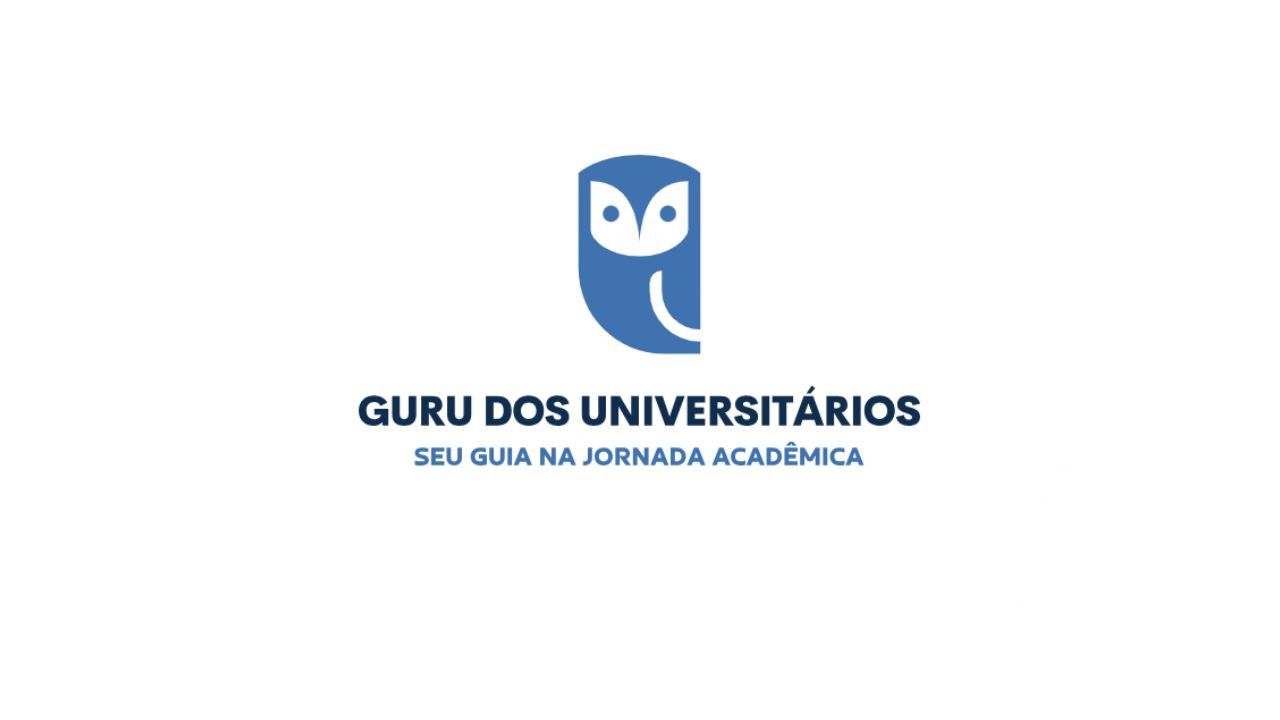Common Misconceptions About University Education in Brazil
Introduction to University Education in Brazil
University education in Brazil is a vibrant and diverse field, offering a wide range of courses and opportunities for students. However, despite its growth and evolution, several misconceptions still surround this sector. These misunderstandings can deter students from pursuing higher education or lead to misguided decisions. Understanding the truth behind these myths is essential for anyone considering a university education in Brazil.

Misconception: Public Universities Are Inferior to Private Ones
A prevalent misconception is that public universities in Brazil offer an inferior education compared to private institutions. In reality, some of the best universities in Brazil are public. For instance, the University of São Paulo (USP) and the Federal University of Rio de Janeiro (UFRJ) are renowned for their academic excellence and research contributions.
Public universities often offer more resources and facilities due to government funding. While admission can be competitive, the quality of education is comparable to, if not better than, many private institutions.
Misconception: Higher Education Is Only for the Wealthy
Another common myth is that university education in Brazil is accessible only to the wealthy. While it is true that private university fees can be high, there are numerous scholarship programs and financial aid options available. The government also runs initiatives like the Programa Universidade para Todos (ProUni), which provides scholarships to low-income students.
Additionally, public universities in Brazil do not charge tuition fees, making them accessible to students from various socio-economic backgrounds.

Misconception: Degrees from Brazilian Universities Are Not Recognized Internationally
Some believe that degrees from Brazilian universities are not recognized internationally. This is not true. Many Brazilian universities have partnerships with international institutions, ensuring that their degrees are acknowledged worldwide. Graduates from top Brazilian universities often pursue further studies or work opportunities abroad without facing issues regarding their qualifications.
Moreover, Brazil has participated in various international academic agreements, facilitating student exchanges and degree recognition across borders.
Misconception: All Courses Are Taught in Portuguese
While Portuguese is the primary language of instruction at most Brazilian universities, many institutions offer courses in English, especially at the postgraduate level. This trend is increasing as universities aim to attract more international students and foster a multicultural academic environment.
Students interested in studying in Brazil can often find programs or specific courses conducted entirely in English, providing more flexibility for non-Portuguese speakers.

Conclusion: Dispelling Myths for Better Opportunities
Understanding the realities of university education in Brazil can open doors to numerous opportunities for both local and international students. By dispelling these common misconceptions, potential students can make informed decisions about their educational paths.
The diversity and quality of Brazilian universities offer a promising landscape for academic growth and professional development, making them an attractive option for many aspiring scholars.
